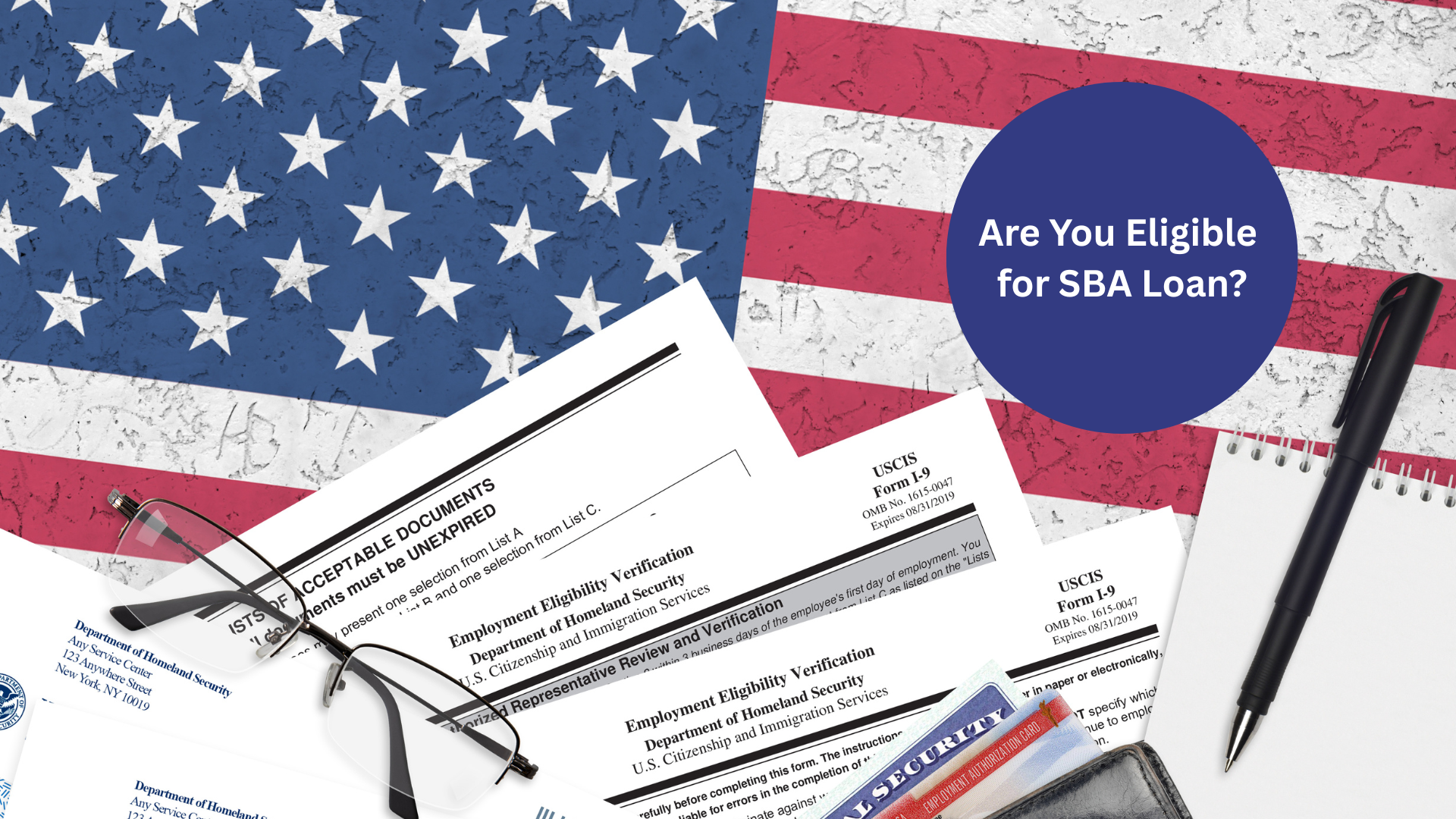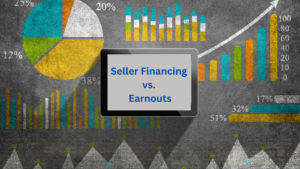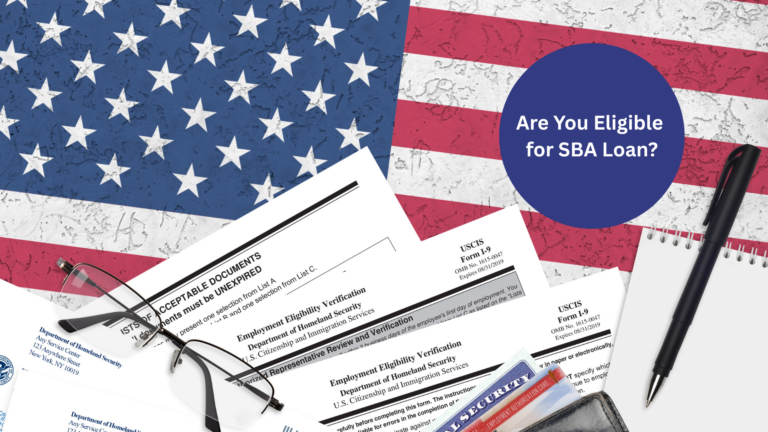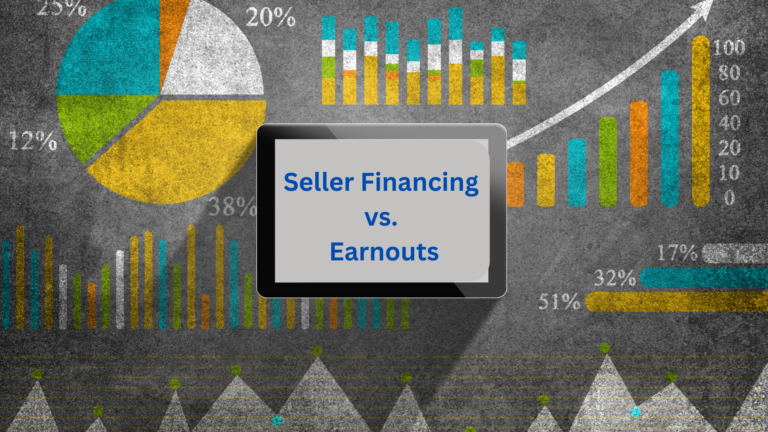In March 2025, the U.S. Small Business Administration (SBA) implemented a significant policy shift affecting its 7(a) and 504 loan programs. Businesses must now be entirely owned by U.S. citizens, nationals, or lawful permanent residents (LPRs) to qualify. Even a minority ownership stake by a foreign national now disqualifies businesses from SBA financing.
What Has Changed?
Previously, businesses could access SBA loans as long as up to 51% of ownership was held by U.S. nationals or LPRs. This flexibility, which opened doors for diverse ownership, is no longer allowed. Under the new rules:
- Businesses must be 100% owned by eligible individuals (U.S. citizens or LPRs).
- Any foreign national ownership, no matter how small, disqualifies the business.
- Loan applicants must certify that no beneficial owner falls into the ineligible category.
Who Is Considered Ineligible? This policy impacts those with ownership stakes who are:
- Foreign nationals.
- Individuals granted asylum.
- Refugees or visa holders.
- DACA recipients or undocumented immigrants. Even a 1% stake by any of these individuals renders a business ineligible.
Why the Change?
According to SBA Administrator Kelly Loeffler, these reforms align federal funding access with immigration compliance policies, ensuring resources are directed to eligible applicants. While this enhances compliance, it reduces flexibility for businesses with diverse ownership structures.
What Does This Mean for Business Owners?
The implications of this change are far-reaching:
For Startups and Existing Businesses:
- Companies with foreign stakeholders need to reassess their ownership structures.
- Alternative funding options must be considered if SBA loans are no longer accessible.
For Business Sales:
- Selling businesses with SBA loan financing just became more complicated. Buyers with foreign or non-resident partners may be disqualified from loan eligibility, potentially jeopardizing deals.
- This may reduce the pool of potential buyers, making it harder for sellers to find suitable offers.
What Can Business Owners Do?
To navigate these changes effectively:
- Audit Ownership Structures: Identify all owners and verify their citizenship or residency status.
- Restructure if Necessary: Consider removing ineligible owners or shifting ownership stakes if SBA loan access is crucial.
- Explore Alternatives: Seller financing, private equity, or non-SBA loans may be viable substitutes.
- Work with Advisors: Select advisors who understand SBA requirements to guide you through the loan application or business sale process.
Final Thoughts
This policy represents one of the most significant changes to SBA financing in recent years. As a business owner, understanding these new rules and proactively managing your ownership structure are vital. Whether you’re planning to apply for an SBA loan or sell your business, taking early steps to ensure compliance can help you avoid delays and lost opportunities.
For tailored advice or further assistance, contact Accel Business Advisors to help you navigate this transition successfully.













